-
Workboat
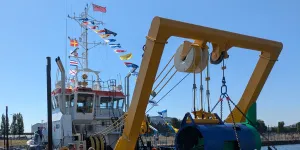 Read More
Read MoreMCA trio given honour of Seadragon naming ceremony
A trio of Maritime and Coastguard Agency colleagues were given the honour of attending the naming ceremony in Cardiff of a new UK-registered workboat.
-
Event
 View Event
View EventUK Flag Forum 2025
From: 8 July 2025
To: 8 July 2025
Discuss decarbonisation, innovation, maritime challenges and policy facing the UK maritime sector at the 2025 UK Flag Forum.
-
Seafarer
 Read More
Read MoreOfficer cadet training documentary
The Merchant Navy Training Board, part of the UK Chamber of Shipping, has recently released an insightful Careers at Sea documentary called A Sea of Opportunities: The Making of a UK Merchant Navy Cadet.
-
Decarbonisation
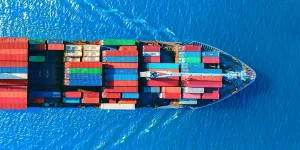 Read More
Read MoreDriving Forward Maritime Decarbonisation
On 25 March 2025, the Department for Transport launched its ambitious Maritime Decarbonisation Strategy, setting a clear course toward a cleaner, greener maritime future.
-
Event
 View Event
View EventNor-Shipping 2025
From: 2 June 2025
To: 6 June 2025
The 30th edition of Nor-Shipping will be taking place from the 2 to the 6 June 2025 in Norway.
-
Event
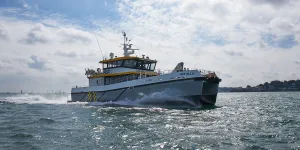 View Event
View EventSeawork 2025
From: 10 June 2025
To: 12 June 2025
Meet the Maritime and Coastguard Agency at Seawork on Stand L43.
-
Event News
 Read More
Read MoreSeafarers’ forum hosted at Maritime and Coastguard Agency HQ
The views of seafarers were at the heart of a special spring forum hosted at the Maritime and Coastguard Agency’s HQ.
-
Seafarer
 Read More
Read MoreUpdated guidance for UK Legal and Administrative Processes (UKLAP) examinations
An amendment has recently been released providing updated guidance on MIN 690 which details regulations for the Maritime and Coastguard Agency (MCA) oral examination booking, the issue of notices of eligibility (NOEs) and the online oral examination processes.
-
Event
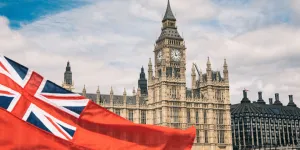 View Event
View EventThe UK Ship Register at LISW25
From: 16 September 2025
To: 16 September 2025
The Maritime and Coastguard Agency will be hosting an event at London International Shipping Week (LISW25) on Tuesday 16 September, with talks and insights covering a range of subjects, from decarbonisation to new technologies.
BETA
This is a new service - yourfeedback (opens in a new tab)will help us improve it.
News and Events
- All
- /
- News
- /
- Events
- /
- Case Studies
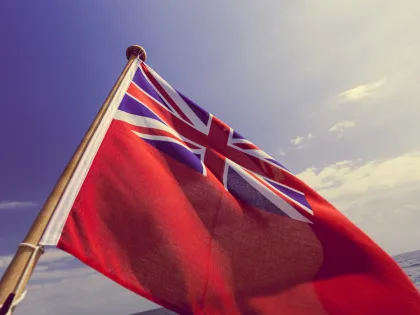
UK Ship Register Commercial Newsletter
Stay up to date with the UK Ship Register's latest news and sign up to our commercial newsletter.
Read more